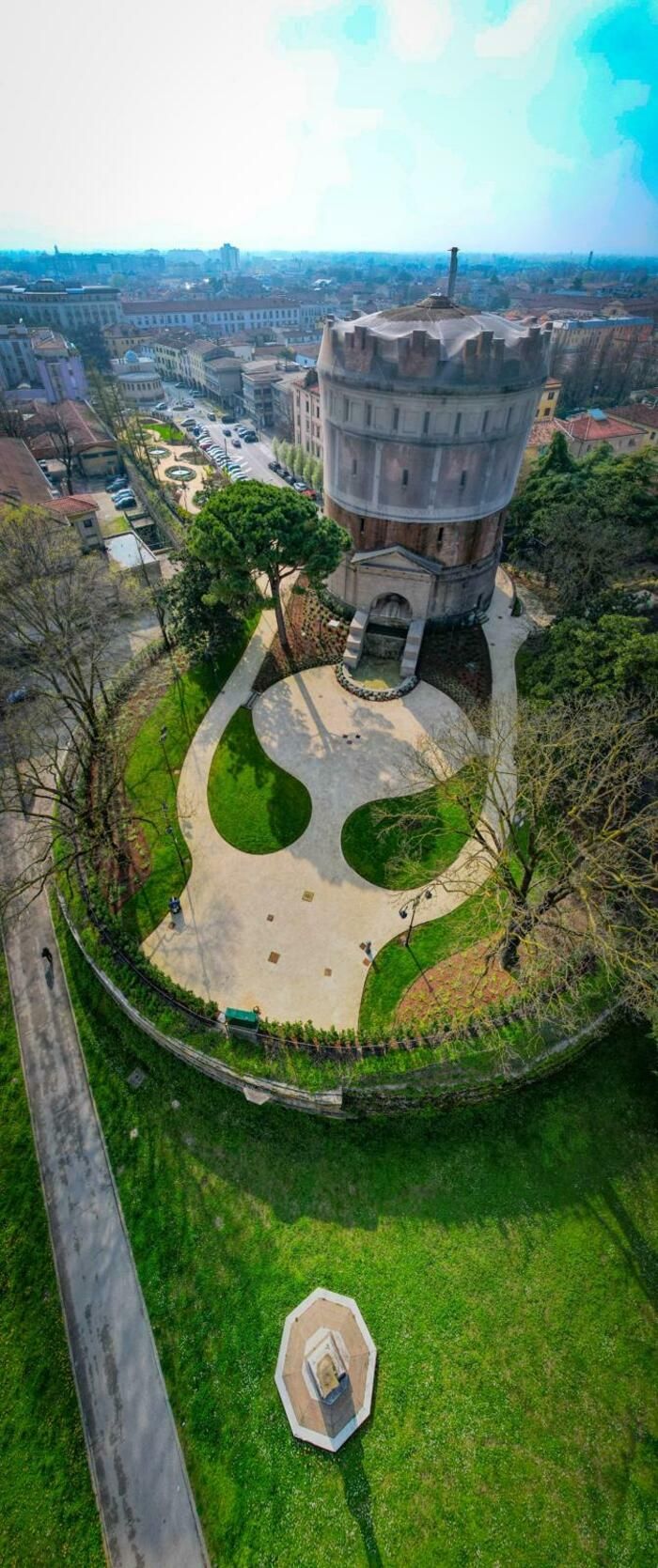-
Juni 2024
- Samstag 1 11:00 - 11:30
- Sonntag 2 11:00 - 11:30
Piazzale Mazzini Padova
Discovering the Gardens of the Rotonda
Guided tour

Comune di Padova
The Gardens of the Rotonda are spread over an area of 5163 m 2 and are located on the edge of the historic center of Padua, near the sixteenth-century walls and on the bastion of the Gatta, in an elevated position, and bordered to the north by the gardens of Via Fra Paolo Sarpi, to the east with the lifting tank, the classical high school "C. Marchesi" and Viale Codalunga, to the south with Piazzale Mazzini, to the west with Viale della Rotonda and with the elementary school "Edmondo De Amicis". You can access it through two entrances: the main one located in Piazza Mazzini towards Viale della Rotonda and the secondary one, in Via Citolo da Perugia (rarely open). The garden has the shape of an inverted "L": a first long and narrow part consisting of five terraces leading to the summit built on the circular bastion, where the water tank is located. The main entrance is characterized by an imposing wrought iron and cast iron gate, made in Art Nouveau style, with geometric elements in the lower part, floral motifs in the central and lateral part and finally the coat of arms of the Municipality of Padua in the upper part. Each of the five terraces has a circular fountain in which water, a symbol of life and renewal, soothes the memory of death. The five circular fountains are set in flower beds that the recent restoration just completed, by the Municipality of Padua, has restored in the original elliptical shape and has enriched with numerous perennial plants. At the bottom of the garden there is the grandiose reservoir with the main fountain in the shape of a temple, flanked by sturdy stepped masonry structures surmounted by leonine protomes. Inside the water tank called "La Rotonda", there are pillars connected by perimeter and radial reinforced concrete arches. They are arranged on two overlapping floors in order to support the hanging tank in an appropriate manner. The Gardens of the Rotunda were built to commemorate the victims of the Austrian bomb during the First World War and to exalt the construction of one of the first water tanks of such magnitude built in Italy. The general architectural layout evokes the late Baroque current, but is also rich in classic references (such as, for example, the urns-planters and the keep-mausoleum) treated with secessionist taste, while the design of the flower beds (elliptical, drop) is typically Art Nouveau.